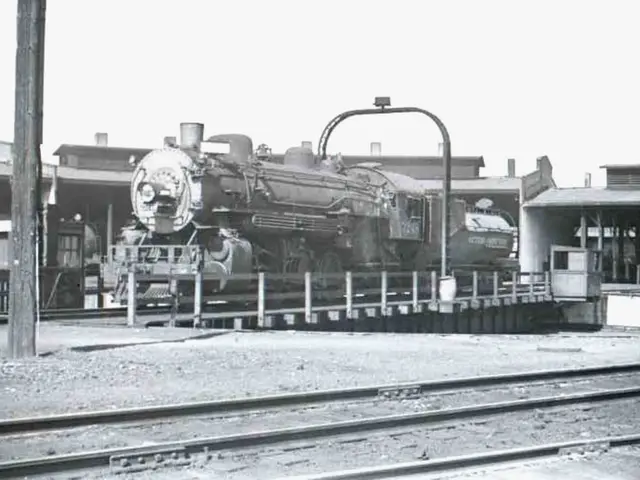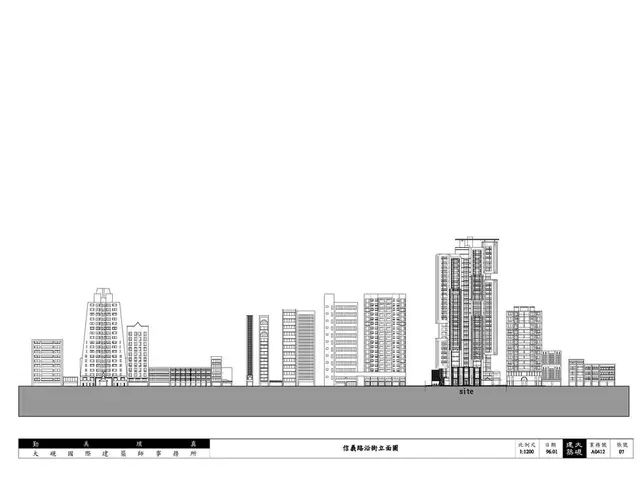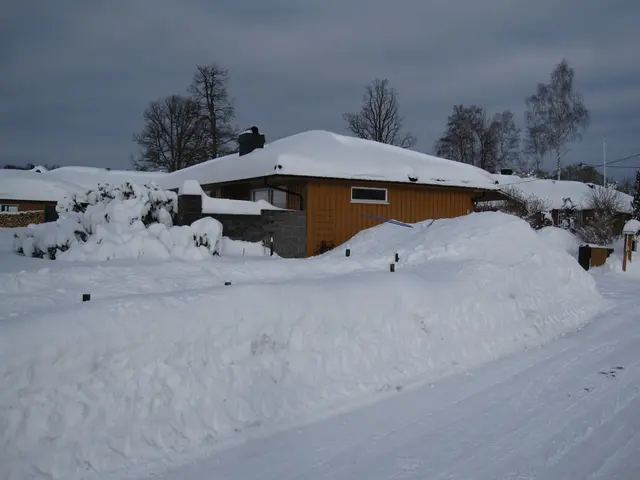A Tightening Grip at Trier Border Control
Customs and Immigration screenings continue as normal. - Customs and immigration checks persist unchanged
In the heart of Europe, changes are afoot. The newly-elected German government, helmed by Chancellor Friedrich Merz, has set its sights on fortifying border controls, particularly at key checkpoints like Trier, with a focus on cracking down on undocumented immigration.
Trier, nestled alongside neighboring Luxembourg, finds itself square in the cross-hairs of these new measures. The once bustling border control station now braces for heightened scrutiny, with an increased focus on refugee rejections and identity checks.
These reinforcements, initially implemented from May 6, 2025, are part of an ambitious effort to stem the tide of irregular migration. The German government aims to enforce that asylum applications occur where individuals first enter the EU, rather than allowing a free choice of application country.
The intensified checks and potential rejections will have a ripple effect on travelers and migrants crossing between Luxembourg and Germany. These adjustments are all part of a broader government strategy to uphold border security while staying within EU legal frameworks for Schengen controls.
Temporary internal border controls, permitted exclusively under exceptional circumstances that pose a serious threat to public order or security, have been reintroduced within the Schengen States. Germany's current policies are framed within this legal context.
Meanwhile, critics in the region question the necessity of these new measures. Commuters who travel from Germany to Luxembourg for work find themselves held up on their way home due to the controls, causing widespread irritation. More than 50,000 German border crossers work in Luxembourg, and the country lodged a protest against the extension of the controls with the EU Commission in February.
As thenew order unfolds, the Federal Ministry of the Interior is expected to issue an official mandate. Polish officers at Trier stand ready to face the challenges and implement the orders as they come. Despite the potential hiccups, they remain confident that their increased vigilance will prove both meaningful and effective.
- Chancellor Friedrich Merz, leading the newly-elected German government, has announced a focus on tightening border controls, particularly at Trier, to crack down on undocumented immigration.
- The new checks and potential asylum application reforms, including increased scrutiny and identity checks, are part of an effort to stem the tide of irregular migration across German and Luxembourg borders.
- Critics, including commuters from Germany headed to Luxembourg for work, have questioned the necessity of these new measures and expressed irritation due to the time delays caused by increased border controls.
- Poland, with officers stationed at Trier, is preparing to implement the government's orders and uphold border security within EU legal frameworks for Schengen controls.
- Germany's employment policy is not only targeting immigration but also aims to enforce asylum applications to happen where individuals first enter the EU, rather than allowing a free choice of application country.







